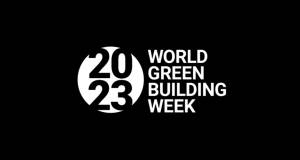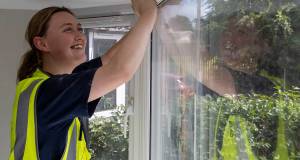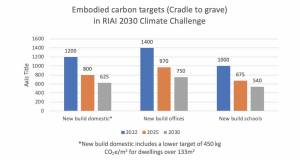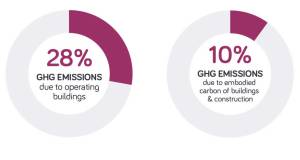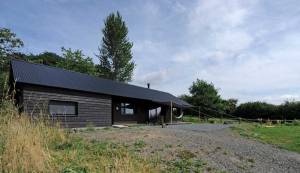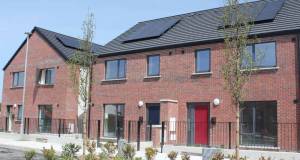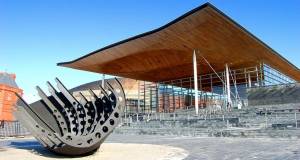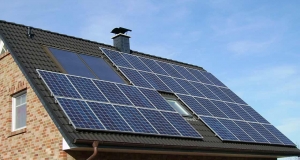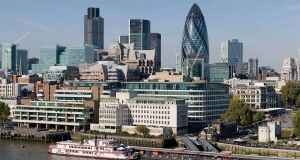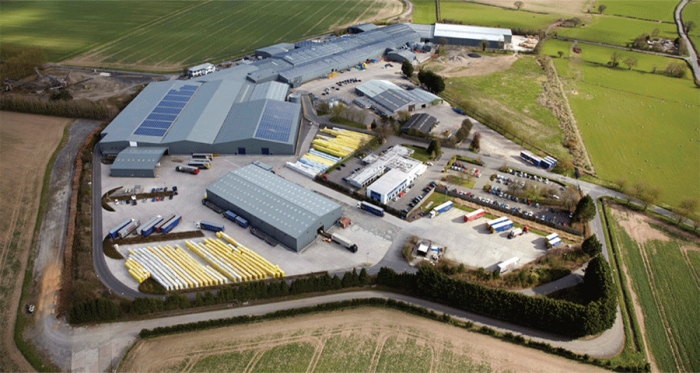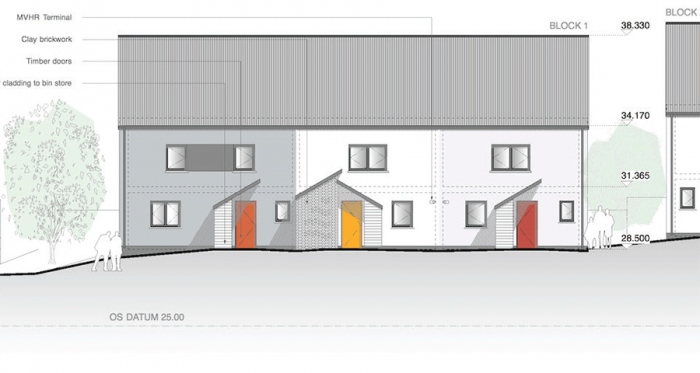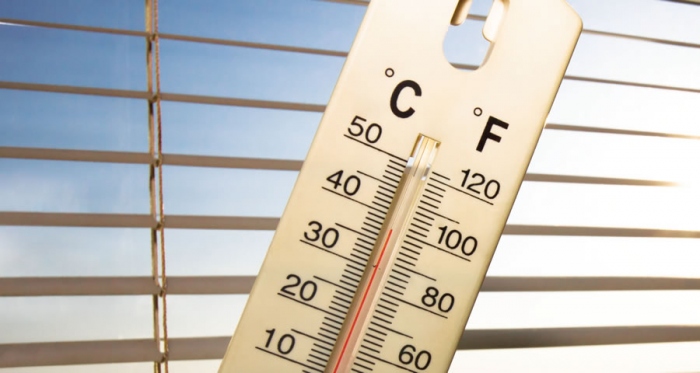Climate Change - passivehouseplus.ie
Irish Green Building Council launch event to promote sustainable building practices
The week of live and online events will show how to accelerate our transition to a more sustainable and resource efficient built environment
Ashden Awards winners showcase climate solutions
Organisations tackling the UK cost of living crisis and providing a new generation with the skills for green jobs have been recognised in this year’s international Ashden Awards.
‘Sufficiency’ key alongside energy efficiency & renewables, says IPCC
Latest climate report calls for more e� cient use of floor space in buildings
RIAI launches 2030 climate challenge
The Royal Institute of Architects of Ireland (RIAI) has launched its 2030 Climate Challenge, calling for urgent action to be taken by architects and the wider construction industry to tackle the climate emergency.
Climate action plan sets embodied carbon targets for construction
Ireland’s new climate action plan, which was published on Thursday 4 November, contains the country’s first official targets for limiting the embodied carbon of construction materials.
Grant invests in biofuel tech for oil boilers
Leading Irish heating appliance manufacturer Grant has invested over €250,000 in enabling the use of hydrotreated vegetable oil (HVO) in traditional oil boilers.
Architects call for urgent climate action ahead of COP 26
Ahead of the Built Environment Summit (28-29 October) and COP26 (1-12 November), the Royal Institute of British Architects (RIBA) and Architects Declare have published a report demonstrating the critical role the sector must play in reducing greenhouse gas emissions.
The PH+ guide to overheating
As awareness of the urgency of the climate crisis grows, efforts to kickstart en masse deep energy efficiency interventions are gathering apace. But poorly conceived low energy building efforts can lead to unintended consequences including overheating – a risk that’s bound to grow as the world warms up. Phi Architecture co-founder Claire Jamieson details the risks and offers some solutions on how to create low energy buildings that are comfortable in summer and winter.
Net zero carbon plans back renewables over fabric
Building sector must show bold climate leadership
In late 2018, the IPCC issued a stark warning. It highlighted that limiting global warming to 1.5 C is crucial to avoiding the most catastrophic impacts of climate change. It also clearly established that achieving the goals of the Paris climate agreement will require action at an unprecedented pace and scale. To maximise the chances of limiting global warming to 1.5 C, all sectors of the economy must achieve significant emissions reductions, and the building sector must fully decarbonise by 2050.
Deep retrofit crucial to green recovery, climate committee says
Advice also calls for upskilling for retrofit & low carbon heating
Environmental activism - tracing the roots of today's climate activism
While the green wave visible at ballot boxes and street marches in 2019 reflects an apparent escalation in public consciousness on the need for urgent, decisive environmental action, the roots of today’s environmental consciousness stretch back over half a century, explains Dr Marc Ó Riain.
How humanity can save itself from itself
We are in the grip of a global emergency. The science is clear, and thousands of lives have already been lost. The public are demanding firm and bold leadership, but a laissez-faire attitude on the part of western governments has delayed and watered down our response, with calamitous consequences.
Is it too late for sustainability?
Despite the urgency with which radical action is required to transform our built environment, Dr Peter Rickaby says he has never been more optimistic about the possibility of change.
Minister: NZEB co-benefits go far beyond climate action
The health, comfort and monetary benefits of building to the nearly zero energy building (NZEB) standard offers an opportunity to help convince Irish people of the benefits of climate action, housing minister Eoghan Murphy has said.
Editor's letter: Issue 30
Our editor Jeff Colley's editor's letter from issue 30 received some particularly lovely praise, with architect Steve Mardall reaching out to say: "Was moved to write to commend you on your editor’s letter in this issue 30. You’ve perfectly captured the essence of the totality of where we are as a planet and a race. And captured well that subtle consensus of denial and ‘othering’ it, that is a compelling force to fall in line with if one is not to be labelled as a righteous crank. Your words articulate some of my own not formally articulated thoughts, and offer me clarity and impetus going forward." Meanwhile, AECB Carbon Lite Retrofit graduate Paul Forrester tweeted: "What a tremendously powerful piece of writing your editor’s letter is in issue 30 of @phplusmag. When I struggle to articulate all the thoughts, fears and conflicting ideas in my head, I might just show people that instead!" So here it is.
Housing ‘race to the bottom’ bad for climate & quality — energy expert
The pressure to build large volumes of additional housing in response to the housing crisis is driven by false logic and risks undermining both the quality of new homes and UK carbon targets, according to Richard Tibenham, lecturer in building physics at the University of Lincoln and director of Greenlite Energy Assessors.
Ireland's climate action plan: just business as usual?
The government's new climate action plan does not show the level of committment needed to really reduce Ireland's carbon emissions, says Irish Green Building Council CEO Pat Barry.
Wales votes to cut emissions 80%
The Welsh assembly has voted through new legally-binding carbon emissions targets for the country. The targets bind the country to reduce emissions by 80%, relative to 1990 levels, by 2050.
Running AMOC
Future proof: designing buildings that withstand climate change
Over the past year cold snaps, heat waves and severe storms have all brought the reality of the climate crisis home to the UK and Ireland. But with the climate changing in fast and uncertain ways, how can we construct buildings that will remain resilient — and keep their occupants healthy and comfortable — long into the future?
Policy for zero, or zero policy?
The penny is starting to drop that profound energy saving efforts in buildings – right up to zero emissions levels – are both necessary and urgent if the UK is to honour its climate change targets. So what’s holding up meaningful action, asks Peter Rickaby?
England, Scotland & Wales will fail to meet ‘nZEB’
London encouraged to adopt its own building energy standard.
UN advocates passive house in latest carbon emissions report
Report author Prof Diana Ürge-Vorsatz praises “fantastic” Dún Laoghaire-Rathdown passive house policy
Researchers find toxic particles from air pollution in human brain
Leading construction testing and research organisation BSRIA has announced that it is concerned with recent findings that toxic nanoparticles from air pollution have been discovered in human brains in “abundant quantities”.
It’s in Ireland’s interest to tackle climate change — EPA director general
Ireland has particular vulnerabilities to climate change and has a very strong stake in ensuring that global action on reducing carbon emissions is effective, according to Laura Burke (pictured), director general of the EPA.
Kingspan reports sustainability success & net zero energy progress
Kingspan Insulation UK has published its latest Sustainability & Responsibility Report, highlighting a year of continued growth and sustainable development.
Bristol City Council aim for ‘passive house plus’ with 23 new eco homes
Bristol City Council have appointed Gale & Snowden Architects as lead consultants on a scheme of 23 dwellings aiming for passive house plus certification.
Overheating - a growing threat that mustn't be ignored
As the climates gets warmer, overheating in buildings is likely to get worse — particularly given the modern architectural preference for huge expanses of unshaded glass. But what really causes overheating, is it really worse in low energy buildings, how do passive houses fare, and what can be done to prevent it?


